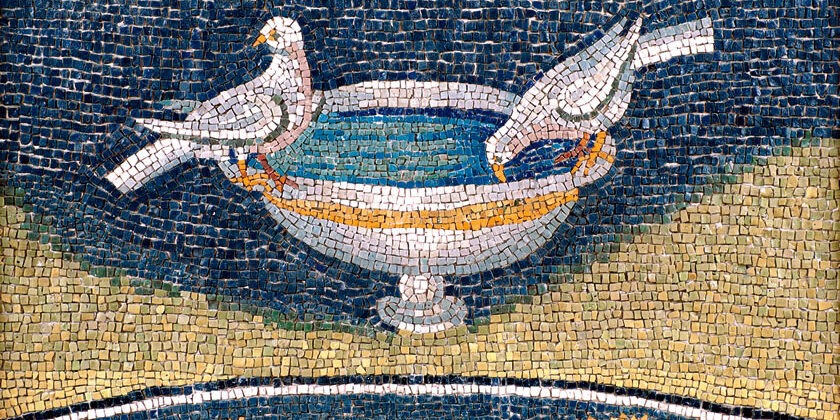
The Gospel of God
C
With slight adjustments, we can say that the same complex relationship obtains between the doctrine of the Trinity (as knowledge of God) and the Christian doctrine of salvation (which stands here as knowledge of self). The two arise together from the scriptural testimony, because the Bible consistently speaks of salvation and of God together. In particular, the revelation of the trinity of God is tightly bundled with the fulfillment of God’s promises in the gospel, and it is the Father’s sending of the Son and the Holy Spirit that accomplishes at the same time the revelation of God as Trinity and the particular salvation accomplished by these three as one.
The Triune God and Salvation
This book is concerned with exploring and specifying precisely that relation between the Trinity and salvation. The presupposition of everything in the following chapters is that a great deal is at stake for theology and the Christian life in grasping this relation correctly. If the two doctrines are only connected loosely, both suffer. Christian theology ought to be an exercise in knowing God precisely as the God of salvation. Click To TweetThe doctrine of the Trinity, presented without reference to soteriology, begins to seem altogether irrelevant, floating away into a conceptual stratosphere as something that may be true but cannot be significant The doctrine of salvation meanwhile, treated in isolation from the doctrine of the immanent Trinity, sinks down to the level of mere history and experience, losing its transcendent reference. Therefore these doctrinal complexes must be connected. On the other hand, if they are drawn together too tightly, human salvation begins to seem inherent to the divine reality itself, as if God has no other business but to save, no other being than being savior. The godness of God is in danger, in this case, of being eclipsed by the dynamics of salvation. The more classical, lofty, or austere a doctrine of the triune God is, the more it seems immune from being dissolved into soteriology. Christian theology ought to be an exercise in knowing God precisely as the God of salvation. But we have not confessed the God of salvation at all if we have not confessed God’s perfection and self-sufficiency apart from any considerations about salvation. As Karl Barth asked, “What would ‘God for us’ mean if it were not said against the background of ‘God in Himself?” Ivor Davidson draws attention to both elements of this polarity when he describes “the boundaries of speech about reconciliation” as being “marked out by the marvel of its positum: “This is the God who is known-by us!”* More expansively, Davidson argues that this polarity is necessarily constitutive of the theological task of soteriology: “Soteriology’s particular but spacious remit is to retell the grand sweep of this divine economy as announced in Scripture: to identify the source, occurrence and consequences of salvation by speaking of the nature of the one who lets us know him as he really is.”
The above excerpt is from the introduction to Fountain of Salvation: Trinity & Soteriology by Fred Sanders. Copyright 2021. Wm. B. Eerdmans Publishing Co: Grand Rapids, MI. Used by Permission.